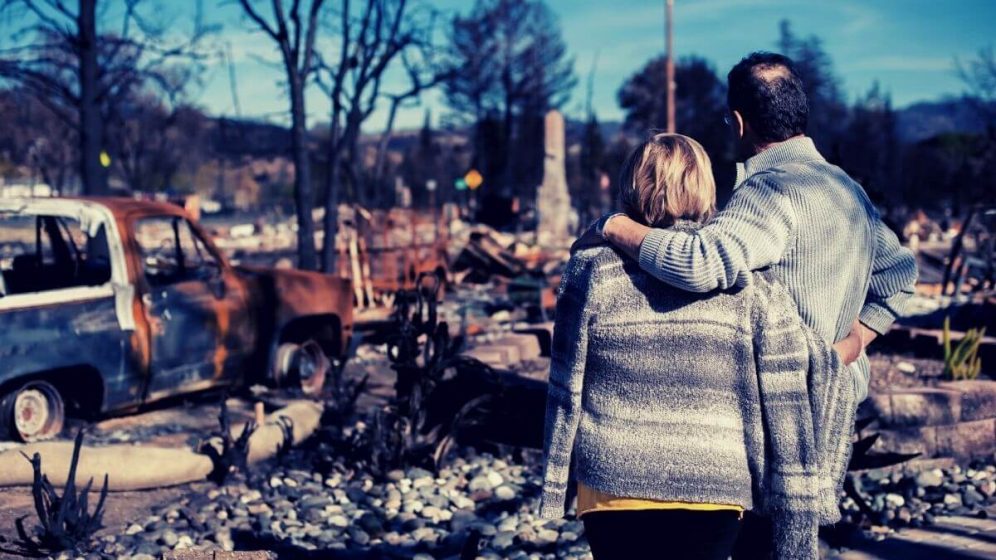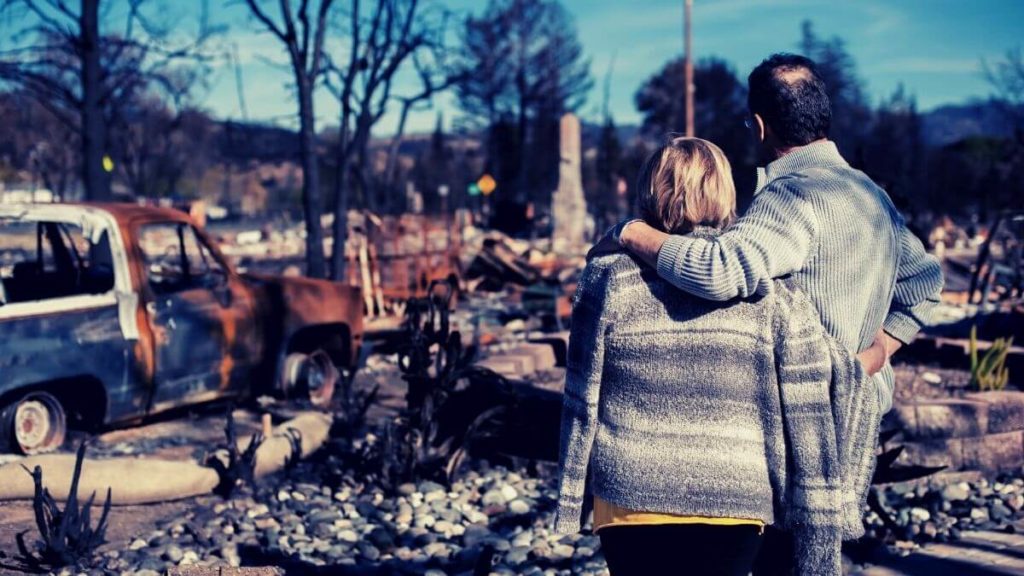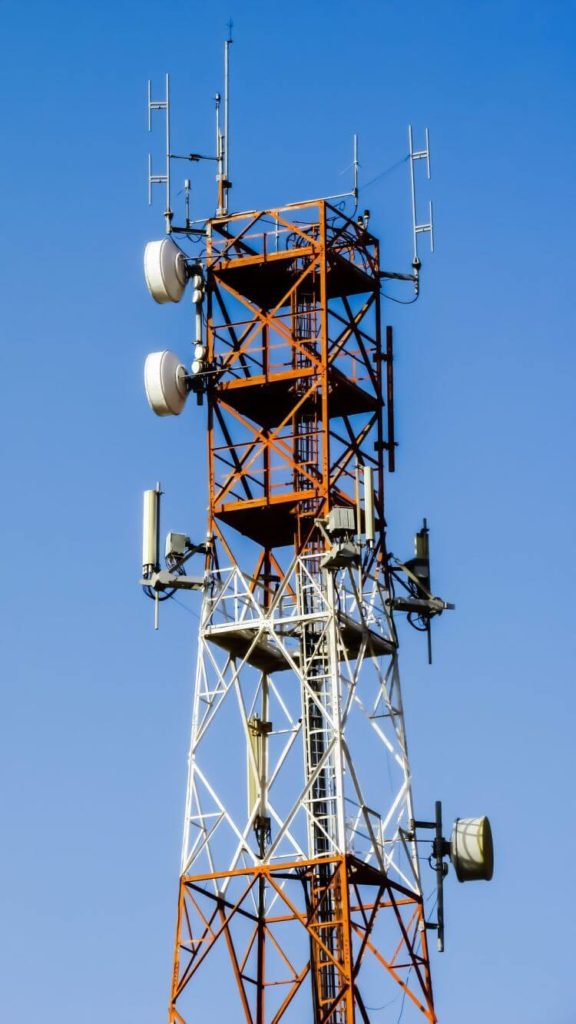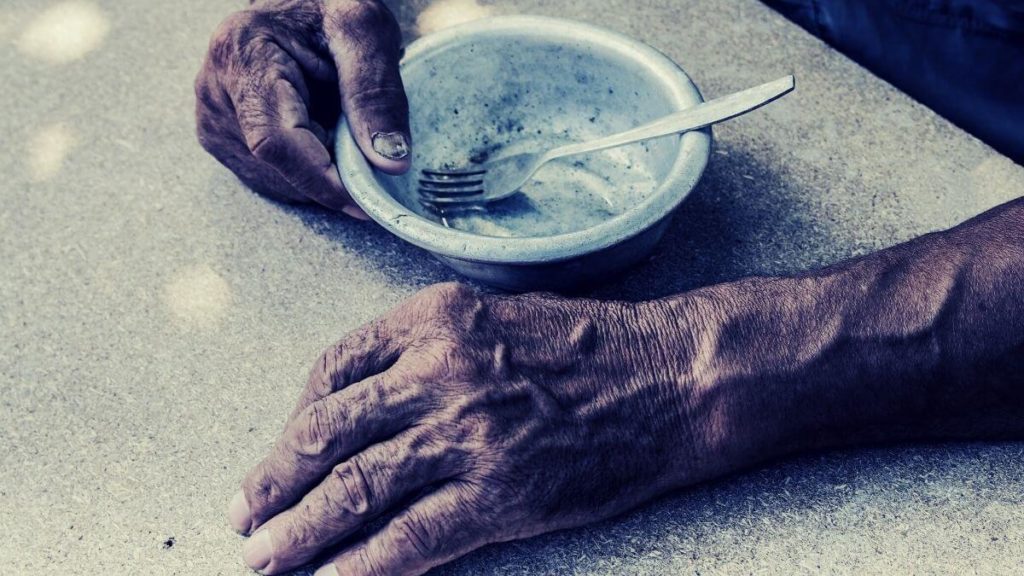

When it comes to survival in uncertain times, there are a number of threats that either affect older adults at a greater rate than younger people or that have more severe consequences. This is why seniors should become preppers.
Due to the vulnerabilities that comes with aging (limited income sources, physical frailty, etc.), no other population has more to gain from prepping than senior citizens. The one exception might be parents of young children.
What are the threats facing seniors in a crisis?
1) Interruptions to the Pharmaceutical Supply Chain
Interruptions to America’s supply chain of pharmaceuticals is not a fantasy. It’s happened before, and it can easily happen again. In fact, as I write this, the US is experiencing a shortage in a number of drugs. This is happening under “normal” circumstances. Imagine what could happen if global supply chains were disrupted by military conflict. We had a glimpse of this with cargo ship problems during the Covid-19 pandemic.
This issue is particularly critical for seniors as a 85% of adults aged 60 and over used prescription drugs in the past 30 days. Many seniors take multiple prescription drugs on a daily basis to deal with a wide array of chronic medical conditions.
There could be dangerous health consequences if seniors’ access to drugs become impeded.
Seniors should avoid, to the extent possible, running out of these prescriptions. They can talk to their doctor about building up a “just in case” supply. Depending on the drugs and the doctor, he/she might understand and agree. Even having just another 30 days’ worth of prescription drugs could mean the difference between life and death in a large-scale catastrophe.
Better than getting medical supplies, however, is reducing the need for them altogether. Seniors should strive to age in a healthy way, maintain healthy habits, and stay active. Gardening is a great activity that yields healthy food, physical activity, and food security.
2) Distance from Loved Ones
Many seniors rely on their children or grandchildren on a daily basis for vital services. Whether it’s grocery deliveries, wood being split for the woodstove, prescriptions being filled, or being taken to doctor’s offices, younger family members do a lot to care for and protect their older family members (or, at least, they should).
This isn’t always possible, however. Many adult children move away for jobs, marriage, or other reasons. This creates a challenge that didn’t exist for earlier generations – no familial network to rely on in a crisis.
Physically moving closer to relatives may not be realistic for many. The next best thing is making sure that both parties have the means to communicate after a crisis. This goes beyond just family and extends to neighbors, friends, and emergency services.
What would happen if a senior would need something after a disaster, but they had no way of notifying their family about it because cell service went down? Let’s say that there is a massive power outage in the area, and it is getting very cold outside. How will a senior who lives alone be able to contact their son to let them know that they are in trouble?

This is where prepping can come into play. Maybe having a satellite phone is the answer. Maybe it means having ham radios and knowing the important frequencies to monitor.
3) More Susceptible to Violence Post-Disaster
Seniors are at an increased risk of violence after a disaster. Older adults are seen as more vulnerable, easier targets for intimidation, robbery, and violent crime. People who are considered to be easy targets and who hold valuables are prey post-disaster.
Revisiting the prescription drug topic, at least 20% of American seniors take painkillers. Now, ask yourself the following questions:
- Are painkillers addictive?
- Do drug addicts take painkillers to get high?
- Do painkillers have value on the black market?
The answer to all three of these questions is ‘yes,’ and criminals know this. Addicts know this. If there’s a supply chain disruption and painkillers are not available on the black market to feed addictions, addicts will look wherever they must for the next fix.
Criminals know that not only do seniors take more drugs, but that it is easier to rob an 85-year-old woman who weighs 100 pounds soaking wet and can barely stand up straight compared to robbing the 25-year-old man who just got back from his third tour in Afghanistan. If you were the bad guy, who would you rather rob?
But seniors aren’t entirely defenseless during these times. Weapons can easily help them to level the playing field. It doesn’t matter if it’s a 25-year-old who pulls the trigger or a 90-year-old. The result is the same: a bullet comes out of that barrel.
Of course, there are instances out there where a shotgun is used in other ways by a senior to stop an attacker, but the point remains: a weapon, whatever it may be, can be used to deadly effect. Having a means of self-defense is especially important for seniors. They need an equalizer.
4) Malnutrition After a Disaster
Malnutrition is a big enough problem for seniors even during “normal” times. Why is it that Ensure is such a common product found in seniors’ pantries throughout the country? It’s because too many seniors are not putting enough calories and nutrients into their bodies.
As we age our metabolism slows down, and often that is accompanied by a diminished sense of hunger. It’s not uncommon to hear of seniors who only eat one meal a day simply because they’re not hungry. Their bodies still need nutrition, though.
After a disaster, food security becomes even more important. The simple act of staying warm causes the body to burn more calories. It’s for this reason that mountaineers often suck on hard candy as they’re hiking. They need all the calories they can get when they’re working in such cold environments.

In addition, disasters typically require greater levels of physical exertion. If the power goes out, seniors may need to spend more time gathering wood to keep the woodstove running and doing other manual tasks to keep their home functioning.
A slower metabolism combined with increased activity means a danger of losing much-needed bodyweight. Malnutrition, aside from eventually leading to death, can lead to several serious health consequences. Around 45% of Americans with diabetes are 65 years or older. Diabetes is a tricky enough disease to manage as it is but attempting to manage diabetes when one doesn’t have enough food to eat can quickly prove fatal.
While it’s important for everybody to have food after a crisis (really, this is important all the time), it is especially important for seniors to have enough food to eat after a disaster.
5) Trouble Caring for Loved Ones
Many seniors in the modern world are responsible for the daily care of their grandchildren or have a spouse with a medical condition that requires constant care. Let’s say that grandma has custody of her four grandchildren, and they rely on her for their everyday needs.
If this is the case, how are those grandchildren going to be fed in the event of a disaster? Having food on hand helps one provide for the daily needs of life when the eventual disaster takes place (whatever that may be).
Likewise, if a senior has a spouse that needs a CPAP to breathe at night, requires special foods, etc., prepping is what helps keep those needs met in the event of supply chain problems, power outages, floods, terrorist attacks, or whatever.
In all these cases, prepping can help you to provide the tangible needs to your loved ones that they require to stay alive on a daily basis.
6) Caring for Pets
Sixty-two percent of American households have a pet of some type. For many seniors, these pets provide companionship. A pet dog or cat helps one to feel as if they are not alone, and considering that loneliness is tied in with increased mortality, a pet can actually serve as a form of health aid.
In addition, many of these pets may be service animals.
Pet-owning seniors would be wise to ensure that the pet has everything they need to make it through a disaster as well. Is there extra food that has been stored to tide one over for a few weeks in the event of a disaster? Does the dog have the medication it needs to stay healthy? These are all questions that can be solved with prepping that can greatly benefit the senior.
7) Trouble Staying Warm
Why is it that after long-term power outages – whether in the heat of July or the blizzards of January – that when we hear about the deaths that took place, they are virtually always seniors? This is because seniors are more vulnerable to extremes of temperatures than are the rest of the population.

Temperature-related conditions – what is typically a preventable cause of death – are what kill seniors throughout the globe when the power goes out. We’ve become conditioned to rely on our HVAC units and seniors literally rely on them with their lives.
Cold is something that the senior must be prepared to fight. As we age, humans become less able to regulate their body temperature. If you’ve ever stepped foot in a nursing home, you have seen this firsthand. Half the residents in there will have the temperature of their room set to 90+ degrees. They essentially live in saunas.
This is because they have a hard time fighting cold. This can be caused by medical conditions, but it’s also caused by the lower metabolism that a senior possesses compared with a younger person, low blood pressure, or decreased levels of fat under the skin.
The same principle applies to heat regulation. When it’s excessively hot outside, the senior is going to have a much harder time of coping with things than will a younger person.
In either case, it is important for the senior to be prepared. One of the most important things that they can do is to ensure that they keep their electricity running. Having a backup generator may be the prime way to accomplish this. If generators are not an option, solar or wind could easily serve as a backup source of electricity to keep a senior’s HVAC units running.
There are a few resources out there that can help to get your home set up with solar or wind energy to make you more independent. A wood stove is a fantastic means of off-grid heat as well. While a senior may not be able to chop and split all their own wood, simply possessing one of these in one’s home means that the ability to stay warm with wood is an option, something many other seniors in the area may not have.
Being properly prepared in this situation can easily save a senior’s life.
Seniors Should Become Preppers – Summarized
Prepping is not just something for the young. Seniors should get involved in it as well. Disasters are inherently dangerous, and there are reasons why they can be particularly dangerous to seniors.
The access to electricity, heat, air conditioning, medications, and food that one has today is not guaranteed for tomorrow. It is wise to build up some level of buffer so that one can function in the interim until these services are restored (if they are at all).
Doing so not only has the possibility of keeping you alive, but it has to possibility of keeping your loved ones alive as well.
What are your thoughts? Are there other reasons seniors should prep that we did not discuss above? Let us know in the comments section.

